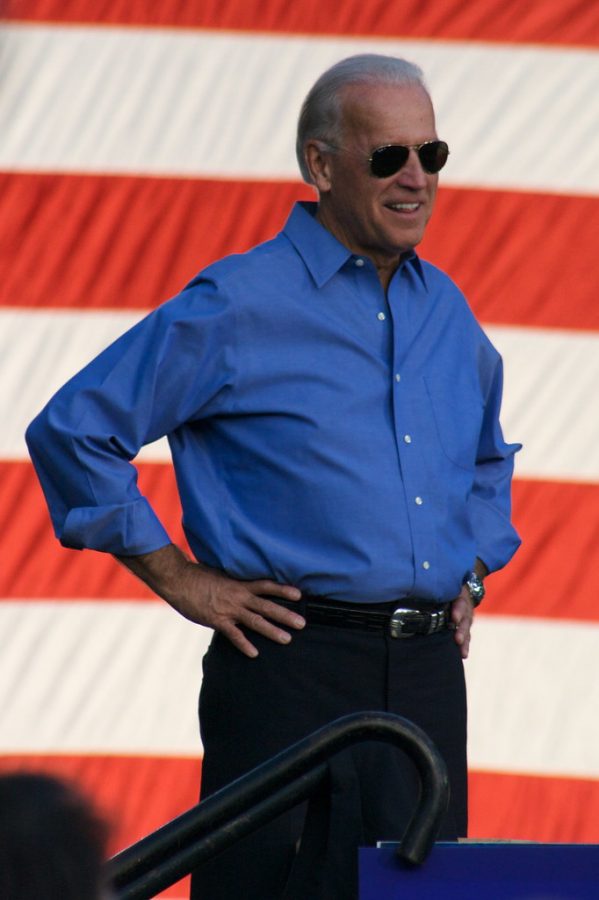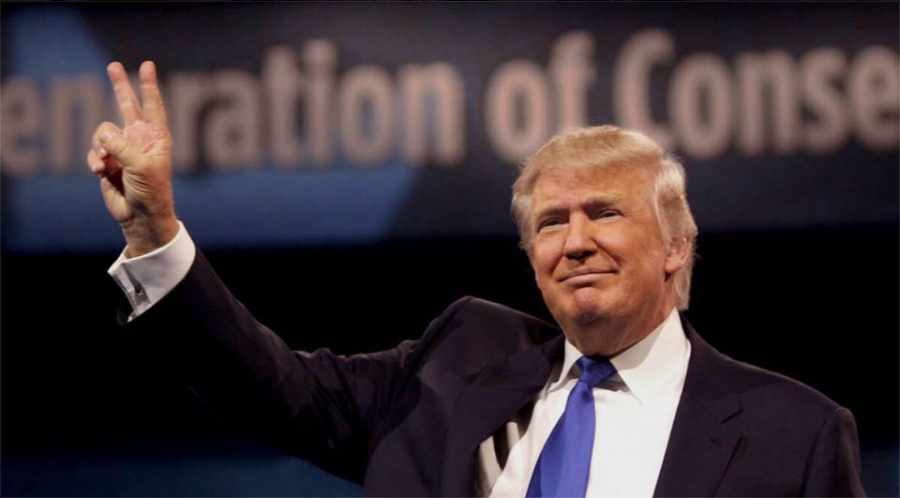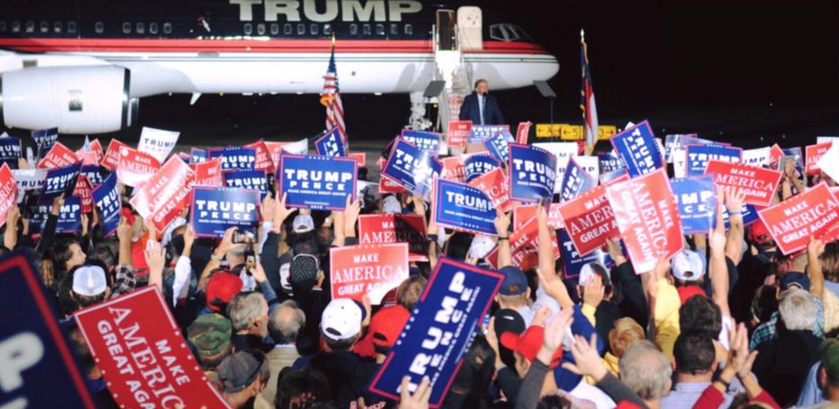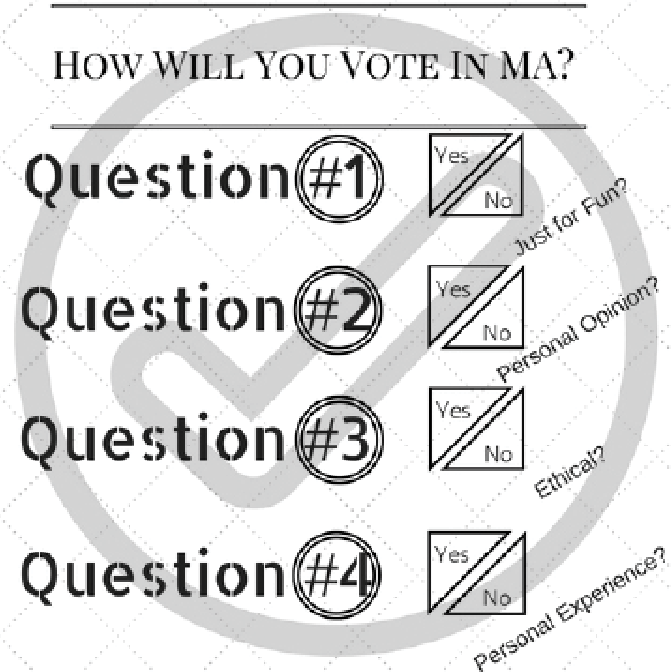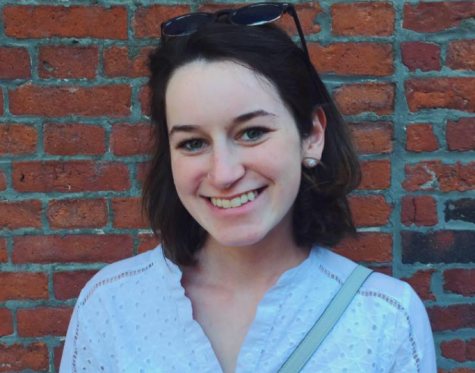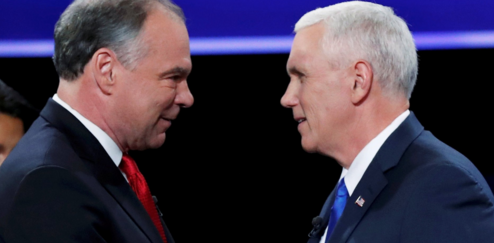
In an election, regardless of scale, every vote matters. Certain individuals votes sit with the weight of a history of voter suppression and the existence of voter exploitation. This is an issue that White voters do not face directly, but one that minority voters face almost every election cycle.
While voter exploitation is the reality for millions of Americans. To understand what African-American and Latina and Latino voters face, during presidential elections, Suffolk students and faculty who explained how they face this political exploitation as well as the effects of a history of voter suppression.
“Everyone wants to go after the Black and Latino vote, but then they don’t deliver on their promises,” explained new Director of the Office of Diversity Services, Dr. Lizette Rivera.
Rivera suggested that those who are not directly affected by voter suppression or exploitation should act as “allies” to those who are.
“There are so many communities who can’t vote for various reasons,” she explained.
She said that it is important to be allies to these communities and advocate on their behalf.
Senior Applied Legal Studies major and President of the Black Student Union (BSU) Stacy Daniel spoke about what BSU does in a recent interview with The Suffolk Journal.
Daniel described BSU as a way to give Black students a place to be themselves.
“We try to use our platform to make issues known,” Daniel said.
In terms of creating a healthy, safe space on campus for African-American students, Daniel admits that they “have made strides, but I wouldn’t say we’re there yet.”
Daniel weighed in on her personal sentiments in the presidential election. She noted that problematic assumptions are made by candidates about minority voters.
“People assume that people of color don’t have a lot of money. I think that’s where people vote for Democrats because they’re going to represent me in the best way they can,” said Daniel. “I do think there is a disconnect of issues. I don’t know a lot of Republican nominees who are responsive to the Black community.”
Phyliss St-Hubert, a Diversity Peer Educator (DPE), the Secretary of the Black Student Union and the Diversity Senator at-large for the Student Government Association, is a Government major and Black Studies minor. She reiterated this disconnect, explaining how minority voters are exploited, saying that minority voters are just wanted for the numbers.
In this election, St-Hubert described how one party has been appealing to voters, one has not, but both have gone after the minority votes in manipulative ways.
“[Vice Presidential candidate Tim Kaine] is appealing because he speaks Spanish,” she said.
African-American voters have been one of the largest groups of suppressed voters in American history.
After African-Americans were granted the right to vote in 1870, they faced several institutionalized obstacles towards voting. Poll taxes, for example, were costs that primarily African-Americans were expected to pay in order to vote, according to the Pew Research Center.
African-Americans, especially in the South, were also made to pass “literacy tests” in order to vote, which white Americans of similar education backgrounds were never expected to do, as an archived exam from the National Park Service shows.
This changed with the passage of the Voting Rights Act of 1965, which outlawed poll taxes and literacy tests.
Now, turnout among African-American voters has reached record highs in the past three presidential elections, according to the Washington Post. Furthermore, a Brookings Report based on work done by the U.S. Census Bureau shows that, for the first time in U.S. history, African-American voters had a larger turnout rate in the 2012 election than White voters.
Voter identification laws, however, pose a new threat to limiting who can vote in the U.S. In some states that have voter ID laws, there have never been recorded cases of voter fraud, such as Indiana.
Other states request a voter ID, but it is not required. This creates a system where African-American and Latina and Latino voters are asked for their IDs at much higher rates than white voters, according to NPR.
Rivera encouraged all citizens to get to the polls and place their votes.
As Rivera put it, “make your voice known.”


